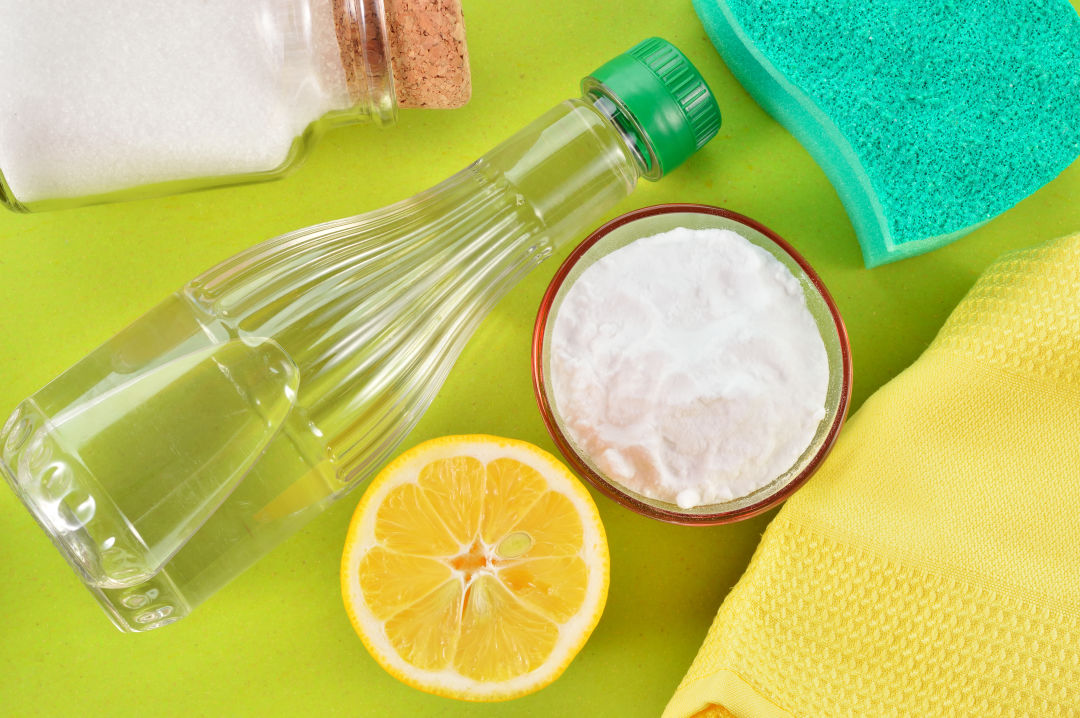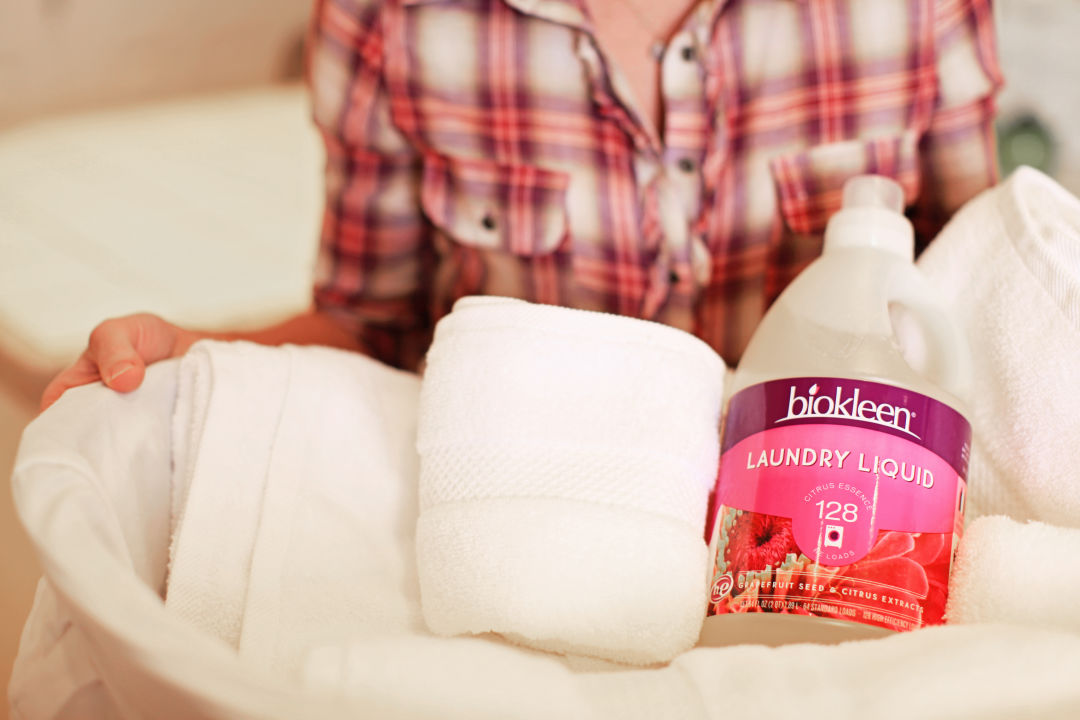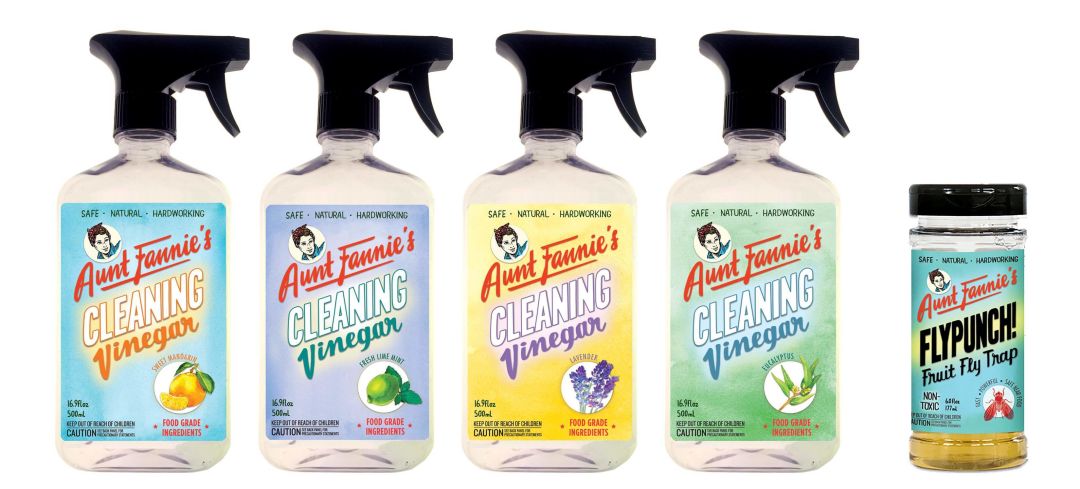Spring Cleaning Goes Natural

Image: Shutterstock
Cleaning and tidying are having a moment, perhaps in part due to international bestseller The Life-Changing Magic of Tidying Up—which is, surprisingly, quite a page-turner. Japanese cleaning consultant Marie Kondo helped millions of readers tackle clutter and rethink the way they clean. According to Kondo, “Tidying… is an act of restoring balance between people, their possessions and the house they live in.” We want to help you strike that balance this spring, so we chatted with two local, all-natural companies about the importance of effective, toxin-free cleaning products.
BIOKLEEN
Portland native Jim Rimer founded Biokleen in 1989, after years working as a sales executive for a chemical supply company. Over the years, Rimer had observed his company’s clients develop serious health conditions—including allergies, respiratory issues, throat cancers, skin conditions, and rashes—and speculated this was linked to chemicals in cleaning products like chlorine. Rimer lobbied the company for safer practices, and was promptly fired for his efforts. Undeterred, he began a carpet cleaning service and experimented with various non-toxic ingredients. The result was Biokleen’s first product: All Purpose Cleaner II.

Image: Courtesy Biokleen
Jim Rimer’s daughter (and Biokleen VP) Cindy Rimer describes the Pacific Northwest as a pioneer for the rest of the country, in terms of integrating the natural with the conventional. Take, for instance, the company’s most popular product, Bac-Out: a versatile spray that eliminates tough stains and odors using live enzyme cultures. The enyzmes—like the ones in yogurt and kombucha—separate waste and odor, while the live culture eats the leftover waste. It’s a departure from the antibacterial products most people may be used to.
“People have been trained to think they need to disinfect every surface in their home,” Cindy says. “What they are doing is creating super germs, because they are killing the good and bad [bacteria].” She also worries that artificial colors and fragrances in laundry products, particularly fabric softeners, could leach from clothes onto skin and enter the bloodstream.
Biokleen products are made locally in Vancouver, Washington. The company uses wind energy to offset 100% of the energy used in manufacturing, and restores 100% of the water they use in production—more than 6 million gallons, so far—through the Bonneville Dam water restoration program. Talk about eco-friendly!
AUNT FANNIE'S

Image: Courtesy Aunt Fannie's
Aunt Fannie's recently relocated to Portland from Greenville, South Carolina, to join what founder Mat Franken describes as our city’s local, sustainable ecosystem. Franken founded the company after his son was diagnosed with eczema and asthma—afflictions that Franken attributes to household chemical products. In contrast, Aunt Fannie’s fruity “Flypunch!” fly traps and cleaning vinegars are all non-toxic and food-based.
“They are safe enough to eat!” Franken boasts. “Plant-based doesn’t necessarily mean that it’s safe for use near food. It can still be dangerous to get on your skin or to ingest.”
D.I.Y.
Portland is an incubator for green, holistic living, and we can always be more educated about what we use to clean and tidy our homes. The natural cleaning product aisle can be overwhelming, and even misleading. (Did you know Ms. Meyer’s Clean Day is an S.C. Johnson company?) If you want to get even more bare-bones natural, baking soda and vinegar usually do the trick. Happy cleaning!




